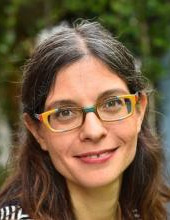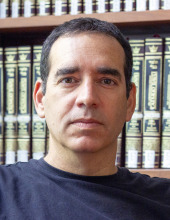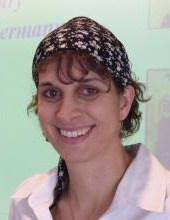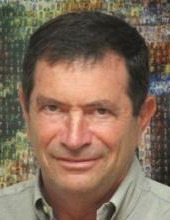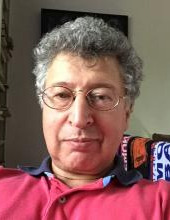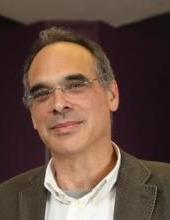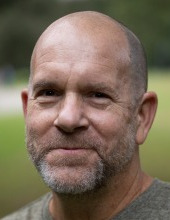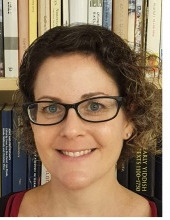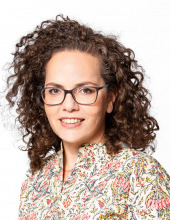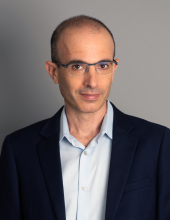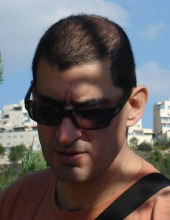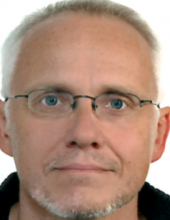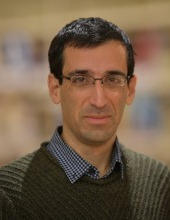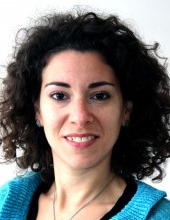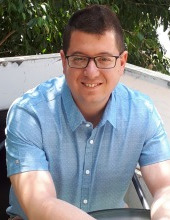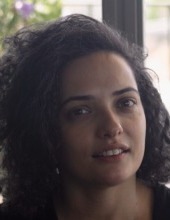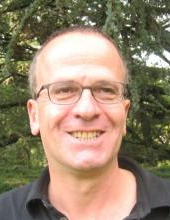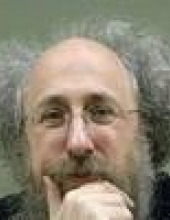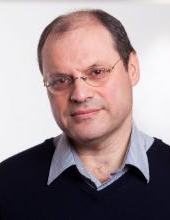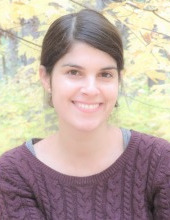Professor Jonathan Dekel-Chen is the Rabbi Edward Sandrow Chair in Soviet & East European Jewry at the Hebrew University. He holds a dual appointment in the Department of Jewish History and in the Department of General History.
He served as the Academic Chairman of the Leonid Nevzlin Research Center for Russian and East European Jewry from 2009-2015 and Chairman of the Russian Studies Department and Jewish History Department. Prof. Dekel-Chen has held visiting professorships and research fellowships at the University of Pennsylvania (2008-2009), Columbia University (2015-2016) and Rutgers University (2021-2022). His research and publications deal with the modern Jewish world, Applied Humanities, transnational philanthropy and advocacy, non-state diplomacy, agrarian history and migration.
In 2014 he co-founded the Bikurim Youth Village for the Arts in Eshkol, which provides world-class artistic training for gifted, under-served high school students from throughout Israel.
Selected Publications:
Farming the Red Land: Jewish Agricultural Colonization and Local Soviet Power, 1923-1941. New Haven: Yale University Press, 2005.
Mahane meshutaf? Kooperatsiia b'hityashvut ha-yehudit ha-haklait be-Rusya u-beolam, 1890-1941. Jerusalem: Magnes Press & Yad Tebenkin Press, 2008.
Editor (with David Gaunt, Natan Meir, Israel Bartal), Anti-Jewish Violence: Rethinking the Pogrom in East European History. Bloomington: Indiana University Press, 2010.
Editor (with Eugene Avrutin and Robert Weinberg), Ritual Murder in Russia, Eastern Europe and Beyond: New Histories of an Old Accusation. Bloomington: Indiana University Press, 2017.
“Putting Agricultural History to Work: Global Action Today from a Communal Past.” Featured article in: Agricultural History 94, no. 4 (2020): 512-544.
“A Response to R. Douglas Hurt, Ben Nobbs-Thiessen and Nahum Karlinsky.” Agricultural History 94, no. 4 (Fall 2020): 562-567.
“Israeli Reactions in a Soviet Moment: Reflections on the 1970 Leningrad Affair.” Kennan Cable #58. September 2020.
“A Light unto the Nations? A Stalled Vision for the Future of the Humanities.” AJS Perspectives. Fall 2020, pp. 56-58.
“Transnational Intervention and its Limits: The Case of Interwar Poland.” Journal of Modern Jewish Studies 17, no. 3 (2018): 265-286.
“Between Myths, Memories, History and Politics: Creating Content for Moscow’s Jewish Museum and Tolerance Center.” The Public Historian 40, no. 4 (2018): 91-106.
“Philanthropy, Diplomacy and Jewish Internationalism.” In: The Cambridge History of Judaism, Volume VIII: The Modern Period, c. 1815 – c. 2000. Edited by Mitchell Hart and Tony Michels. Cambridge University Press, 2017.
“Jewish Threads in the Fabric of International History.” In: International History in Theory and Practice. Edited by Barbara Haider-Wilson, William Godsey, Wolfgang Mueller, pp. 477-500. Vienna: Verlag der Osterreichischen Akademie der Wissenschaften, 2017.
“Dueling Visions of Rebirth: Interwar Palestine versus Soviet Russia,” Journal of Jewish Identities 9, no. 2 (July 2016): 139-157.
“Rethinking Boundaries in the Jewish Diaspora from the FSU.” In: The New Jewish Diaspora: Russian-Speaking Immigrants in the United States, Israel and Germany. Edited by Zvi Gitelman, pp. 77-88. New Brunswick, NJ: Rutgers University Press, 2016.
“Faith Meets Politics and Resources: Reassessing Modern Transnational Jewish Activism.” In: Purchasing Power: The Economics of Modern Jewish History. Edited by Rebecca Kobrin and Adam Teller, pp. 216-237. Philadelphia: University of Pennsylvania Press, 2015.
“Liberal Answers to the ‘Jewish Question’: Then and Now.” In: Church and Society in Modern Russia. Edited by Elise Wirtschafter and Manfred Hildermeier, pp. 133-156. Wiesbaden: Harrassowitz Verlag, 2015
“East European Jewish Migration: Inside and Outside,” East European Jewish Affairs 44, no. 3 (December 2014): 154-170.
"A Durable Harvest: Reevaluating the Russia-Israel Axis in the Jewish World." In: Bounded Mind and Spirit: Russia and Israel, 1880-2010. Edited by Brian Horowitz and Shai Ginsburg, pp. 109-129. Bloomington, IN: Slavica Publishers, 2013.
“Activism as Engine: Jewish Internationalism, 1880s-1980s.” In: Religious Internationals in the Modern World: Globalization and Faith Communities since 1750, pp. 269-291. Edited by Abigail Green and Vincent Viaene. Basingstoke, UK: Palgrave Macmillan, 2012.
“Crimea 2008: A Lesson about Uses and Misuses of History,” East European Jewish Affairs 39, no. 1 (April 2009): 101-105.
“‘New’ Jews of the Agricultural Kind: A Case of Soviet Interwar Propaganda,” Russian Review 66 (July 2007): 424-50.
“An Unlikely Triangle: Philanthropists, Commissars, and American Statesmanship Meet in Soviet Crimea, 1922-37.” Diplomatic History 27, no. 3 (2003): 353-376.
“Farmers, Philanthropists, and Soviet Authority: Rural Crimea and Southern Ukraine, 1923-1941.” Kritika: Explorations in Russian and Eurasian History 4, no. 4 (Fall 2003): 849-885.

